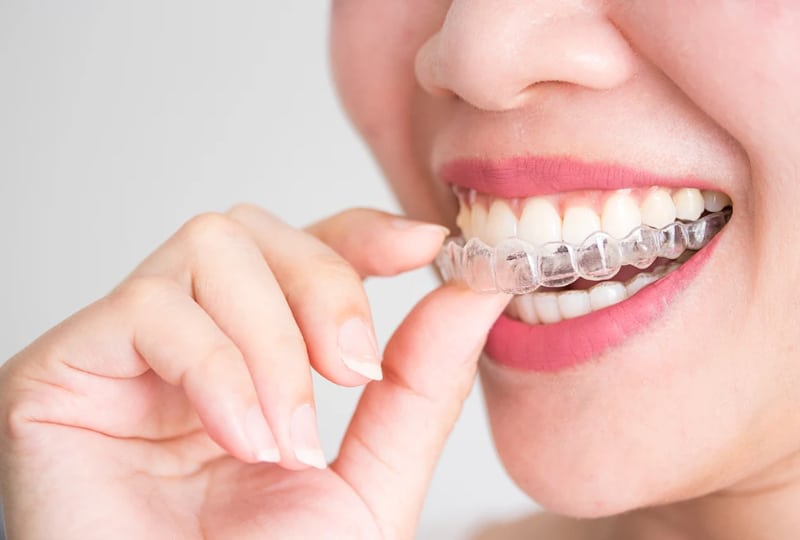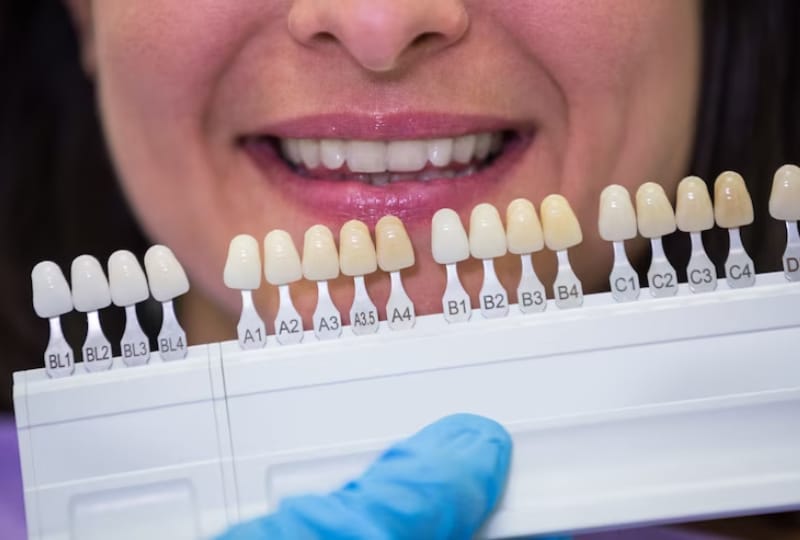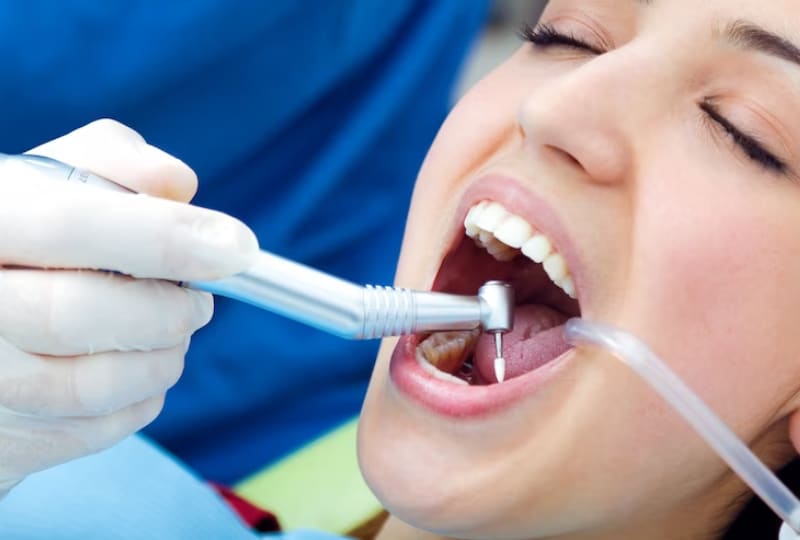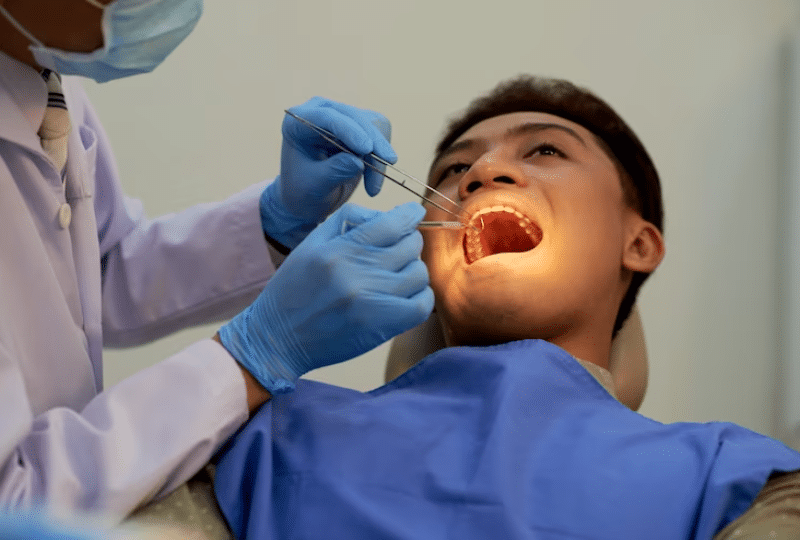Are you unhappy with the way your teeth are aligned, but dread the thought of traditional metal braces? Invisalign may be just what you need! Not only can it give you a stunning smile, but it can also improve your oral health. Say goodbye to crooked teeth and hello to a healthier mouth with Invisalign. Let’s explore how this innovative treatment option can benefit not only your appearance but also your overall well-being.
What is Invisalign?
If you are considering Invisalign treatment to improve your oral health, there are a few things you should know. Invisalign is a clear aligner system that uses a series of custom-made, virtually invisible aligners to gradually move your teeth. It is an alternative to traditional metal braces and is ideal for people who are looking for a more discreet way to straighten their teeth.
Source: Invisalign
Here are some of the ways that Invisalign can improve your oral health:
You Will Be Less Prone to Gum Problems.
If you have Invisalign, you will be less likely to get gum disease. This is because the aligners fit snugly against your teeth, so there is no space for plaque to build up. Plaque is the main cause of gum disease, so by wearing Invisalign, you can help keep your gums healthy and free from disease.
Your Teeth Are Less Subject to Damage.
When you wear Invisalign clear aligners, your teeth are less subject to damage. That’s because the aligners protect your teeth from the forces that can cause tooth damage, such as:
When you wear Invisalign clear aligners, your teeth are less subject to damage. That’s because the aligners protect your teeth from the forces that can cause tooth damage, such as:
Bruxism (teeth grinding)
Chewing on hard objects
Clenching your teeth
Eating sticky or hard foods
In addition, Invisalign clear aligners are made of a smooth, comfortable material that won’t irritate your gums or cause other oral health problems.
It Can Maintain Comfort and Tooth Structure.
Invisalign is an excellent way to improve your oral health. It can help to maintain comfort and tooth structure, as well as improve your smile.
Invisalign can help to keep your teeth in their proper alignment, which can help to reduce wear and tear on your teeth. It can also help you to avoid gum disease and other oral health problems. Invisalign can also help you to achieve a more attractive smile.
It Improves Chewing and Speech.
In addition to being nearly invisible, Invisalign clear aligners can also improve your oral health in ways that go beyond aesthetics. One way is by improving your chewing and speech.
If your teeth are misaligned, you may not be able to chew properly. This can lead to problems with digestion and nutrition. Additionally, misaligned teeth can make it difficult to speak clearly. Invisalign can help correct these problems by aligning your teeth so that they function the way they should.
If you’re considering Invisalign, be sure to consult with an experienced orthodontist to see if it’s right for you.
In conclusion, Invisalign can be a great tool to help improve your oral health. It is important to consult with your dentist or orthodontist to see if Invisalign is right for you.
If you are considering Invisalign to improve your oral health, there are many things to keep in mind. Invisalign can be an excellent way to improve your smile and overall oral health, but it is important to consult with your dentist or orthodontist to see if it is the right treatment for you.





